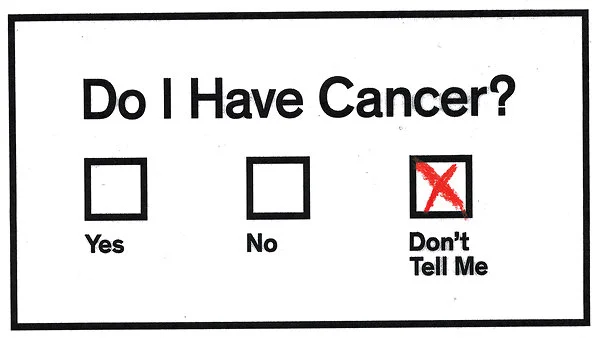More Evidence to Support PSA Screening for Men
/One would think that a large, extremely well designed trial that demonstrated a significant benefit for prostate cancer screening would be widely publicized, especially considering all the publicity that surrounded the announcement of early results from two similar trials earlier this year. However, results from such a trial - the Goteborg prostate cancer screening trial from Sweden - were barely acknowledged in the press. It was actually a much better designed and performed trial than the previously reported studies. I'll go over the findings of this promising study, published in this month's Lancet Oncology, in more detail.
Who did they study?
They randomized men aged 50 to 64 to either receiving PSA screening every two years or no screening. Unlike the other trials, where many men who were supposed to be screened did not (and vice versa), over 75 percent of the men who were assigned to the screening group were screened and only 3 percent of the men who were to be screened had previously undergone a PSA test. They followed the men for over 14 years to see how many developed prostate cancer in each group and which of those died from it.
Did PSA screening reduce prostate cancer deaths?
Yes. The group that underwent screening had more patients diagnosed with prostate cancer, as expected. This resulted in a 44 percent lower risk of dying from prostate cancer compared with those who were not screened. In this study, twelve men needed to be treated for prostate cancer to save one life, a much lower number than the previous study, which was 48.
Why were the results of this study different from previous studies?
The primary difference in this study was how long the patients were followed for. As it usually takes more than 10 years for a patient to die from prostate cancer after being diagnosed with it. This was reflected in the data from this study, which showed similar survival results in the two groups until 10 years, at which point the survival benefit in the screened group appeared. As the prior studies only followed patients for 9 and 11 years, the same difference wasn't seen. Also, several more technical aspects of the patients' behaviors made this study a better one than the studies reported earlier.
So what does this mean?
This study further supports the continued screening of men for prostate cancer with the PSA blood. I continue to support the American Urological Association's recommendation to begin prostate cancer screening at age 40 for all men. Patients with high PSA levels do not necessarily have cancer but should be evaluated by a urologist.

